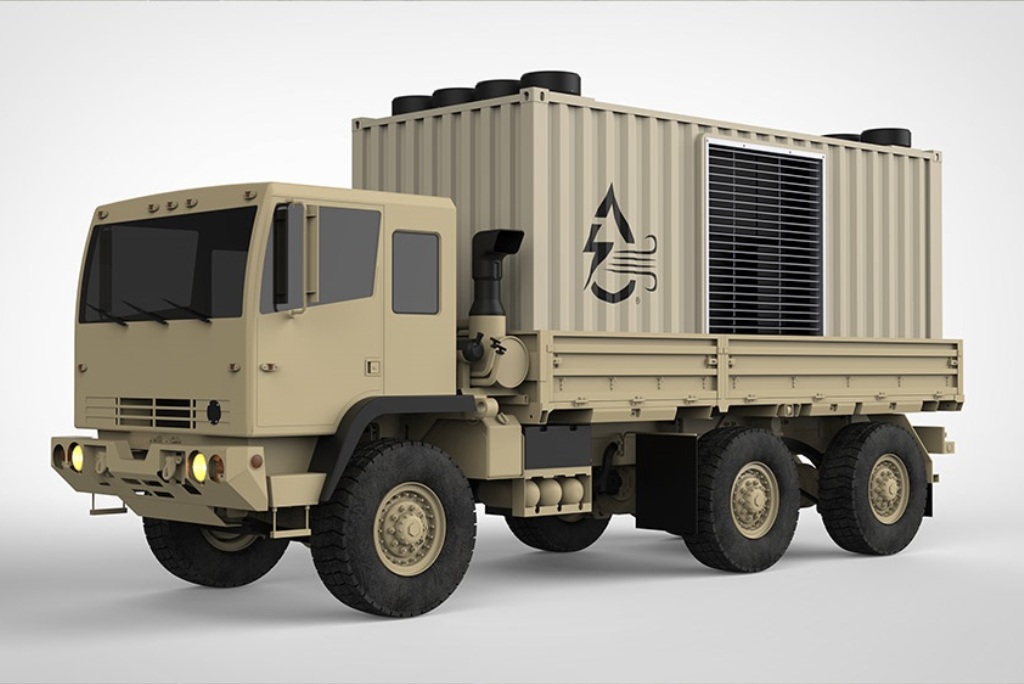Ukraine’s Urgent Call for Military Support in Washington
This week, six members of Ukraine’s parliament took the opportunity to meet with U.S. lawmakers in Washington, D.C., emphasizing an urgent need for continual military support and intelligence-sharing as ongoing negotiations with Russia unfold. The backdrop of these discussions was a significant moment in the Trump administration’s foreign policy, which recently saw a temporary freeze on hundreds of millions of dollars in American security assistance crucial to Ukraine’s efforts on the battlefield.
The Impact of Intelligence Shortages
During a briefing at the German Marshall Fund, the Ukrainian delegation expressed the detrimental effects of the intelligence-sharing halt that occurred earlier this month. Oleksandra "Sasha" Ustinova, chair of Ukraine’s Parliamentary Special Commission on Arms Control, stated that while the Intel pause was not a complete shutdown, it severely hindered Ukraine’s military operational capabilities. “When the weapons supplies were stopped — and the intel-sharing, which was much worse — that was a disaster,” Ustinova emphasized.
U.S. spy agencies have played a significant role in providing Ukraine with sophisticated surveillance and intelligence that has been vital in anticipating and countering Russian military actions. The temporary cessation of this support created a precarious situation for Ukraine’s defense strategy.
Reassuring Allies and Seeking Continuity
Oleksandr Zavitnevych, chair of the Parliament’s Committee on National Security, Defense, and Intelligence, noted that while the intelligence halt did last one to two weeks, Ukrainian forces managed to maintain combat operations with information sourced from other international partners like the U.K. and France. However, Zavitnevych’s plea was straightforward: “Please, while we make those [negotiation] efforts and work on those issues — please don’t shut down intelligence-sharing.” The consequences of such a development, he warned, could be disastrous.
European Support and Concerns
As the Ukrainian parliamentarians continued their discussions, they highlighted the rising support from European nations in the form of advanced military equipment. Ustinova noted that European countries are prepared to increase their support, but there’s a looming fear that a potential reduction in U.S. involvement could disrupt these arrangements. “We’re totally dependent on all the missiles, especially missiles for the Patriots — you’re the only ones who do that,” she explained, emphasizing the reliance on U.S. technology and support.
Resilience and Innovation in Wartime Production
Amidst ongoing conflict, Zavitnevych pointed out that Ukraine’s military production has adapted and grown, even while enduring constant air strikes. They have seen a notable increase in output for essential military equipment, particularly drones. A staggering one million drones were produced in the previous year alone, with plans to triple this production.
The adverse conditions have sparked innovation, leading to a grassroots initiative dubbed “make a drone in your home,” where Ukrainians were encouraged to assemble drones from kits. This initiative not only aimed to boost drone production but also sought to foster a spirit of national resistance and civic involvement in the defense effort.
The Future of Warfare is Drones
Zavitnevych drew comparisons to historical wartime innovation, likening today’s DIY drones to improvised weapons used in past conflicts such as World War II. He firmly believes that drones and uncrewed systems are the future of warfare. “I don’t believe any country in the world has the capability to have one person in charge of such a big number of drones that would destroy a whole division,” he stated. This future battlefield could see warriors primarily operating drones rather than engaging in traditional combat, representing a seismic shift in military tactics.
The affordability of drones is also a critical factor. Zavitnevych elaborated that first-person view drones capable of carrying payloads could be produced for around $600, contrasting sharply with traditional munitions that require extensive infrastructure and investment.
The Changing Landscape of Military Engagement
With combat dynamics evolving so rapidly, Zavitnevych’s foresight presents a clear picture of an impending transformation in warfare. The next generation of soldiers may prioritize skills in technology and remote operations over conventional battlefield prowess. As Ukraine continues to confront unique challenges stemming from the conflict with Russia, the essence of modern military engagement will demand adaptability, resilience, and a strategic focus on emerging technologies such as drones.
In these critical discussions in Washington, the Ukrainian delegation is not just advocating for immediate military support; they are setting the stage for a future where the capabilities of nations are closely tied to their innovative defenses and the partnerships they forge across borders.





